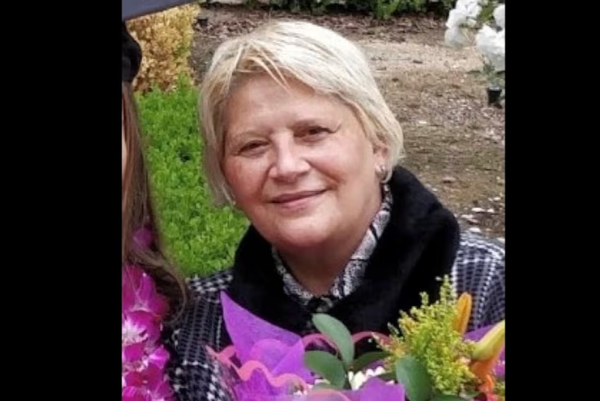
INDIANAPOLIS (Reuters) - Eli Lilly and Co has pulled ahead in a three-way race with Amgen Inc and Teva Pharmaceutical Industries Ltd in attracting new patients to a new class of migraine drugs, and seeks to build on that advantage by stressing that its therapy can completely prevent headaches in a small percentage of patients.
Weekly U.S. prescription data from IQVIA, an analytics provider to the life sciences industry, showed that Lilly’s therapy Emgality claimed the largest share of first-time patients at 37.7 percent, for the first time outstripping Amgen’s Aimovig, whose share dropped to 37.2 percent as of April 26. Teva came in at a 25.1 percent share, according to an analyst who reviewed the data.

While Amgen’s therapy was the first to be approved for the U.S. market last May, Lilly has fought to gain more favorable insurance coverage by offering deep discounts. Those efforts appear to have paid off. Lilly is the only drugmaker in the class currently covered by all three of the leading companies that manage Americans’ prescription drug benefits: Cigna Inc’s Express Scripts, UnitedHealth Group’s OptumRx and CVS Health.
"More new patients were started on Emgality than on Aimovig," Lilly Chief Executive David Ricks said in an interview on Tuesday at the company's headquarters in Indianapolis. “It's just one week. We'll count it a trend when it's many weeks," Ricks said.
The new migraine drugs are the first designed to prevent the debilitating headaches. Drugmakers predicted that millions of patients could benefit and Wall Street analysts forecast nearly $4 billion in sales in the coming years. But their approval within months of each other last year created a fierce battle for market share, prompting all three drugmakers to offer their treatments directly to patients for free until they gained insurance coverage.

Pharmacy benefits companies that manage prescription drug coverage for tens of millions of Americans were able to pit the manufacturers against each other in negotiations, arguing the therapies were virtually interchangeable and did not appear to improve upon the cheaper generic drugs already on the market, Reuters reported on April 29.
The next day, Lilly and Amgen reported migraine drug sales well below investor expectations. Ricks said nearly 50 percent of Emgality prescriptions in the quarter were provided at no cost to patients, similar to the proportion of giveaways from Amgen and Teva.
Ricks said Lilly is working to boost overall awareness of its migraine drug. Television commercials for Emgality encourage women – who are more prone to get migraines - to “imagine what you can do with more migraine-free days.” Although there are no clinical trials directly comparing the three drugs, Lilly stresses in its conversations with doctors some claims that rivals cannot make. They include Lilly trial data of patients who get episodic migraines showing that 16 percent had no migraines on average in any given month. Overall, Emgality cut migraine days in half in three clinical trials, similar to Aimovig and Teva’s Ajovy.

“Migraine-free for a month. That’s a compelling thing for doctors and for patients,” Ricks said.
Lilly is focusing its marketing efforts on primary care practices and says it has encountered few health insurer restrictions on prescriptions written by primary care doctors instead of specialists.
The company is also pursuing approval by the U.S. Food and Drug Administration of Emgality in cluster headaches, an extremely painful type of headache for which there are no effective treatments. Lilly hopes to launch it this summer. Teva had pursued the same use for Ajovy, but last month stopped testing after it found the treatment was unlikely to work.
In an interview last week, Teva CEO Kare Schultz said both Teva and Lilly have been gaining share with new customers, while Amgen’s share of new patients has been sagging. Amgen said it is confident in the opportunity to grow new prescriptions of Aimovig “given the huge unmet need in migraine.”
(Reporting by Julie Steenhuysen; additional reporting by Michael Erman and Caroline Humer in New York and Tova Cohen in Tel Aviv; Editing by Phil Berlowitz)







